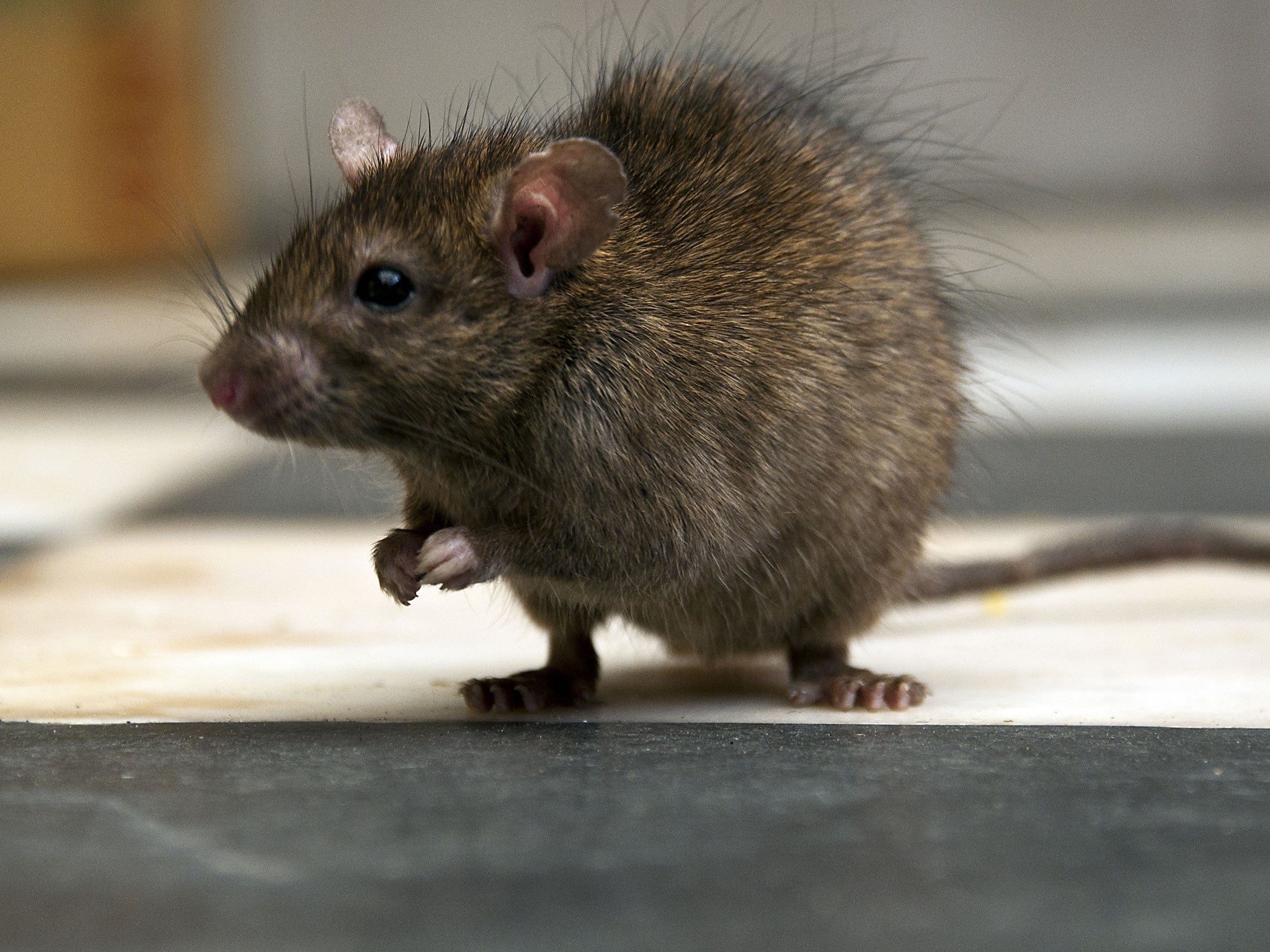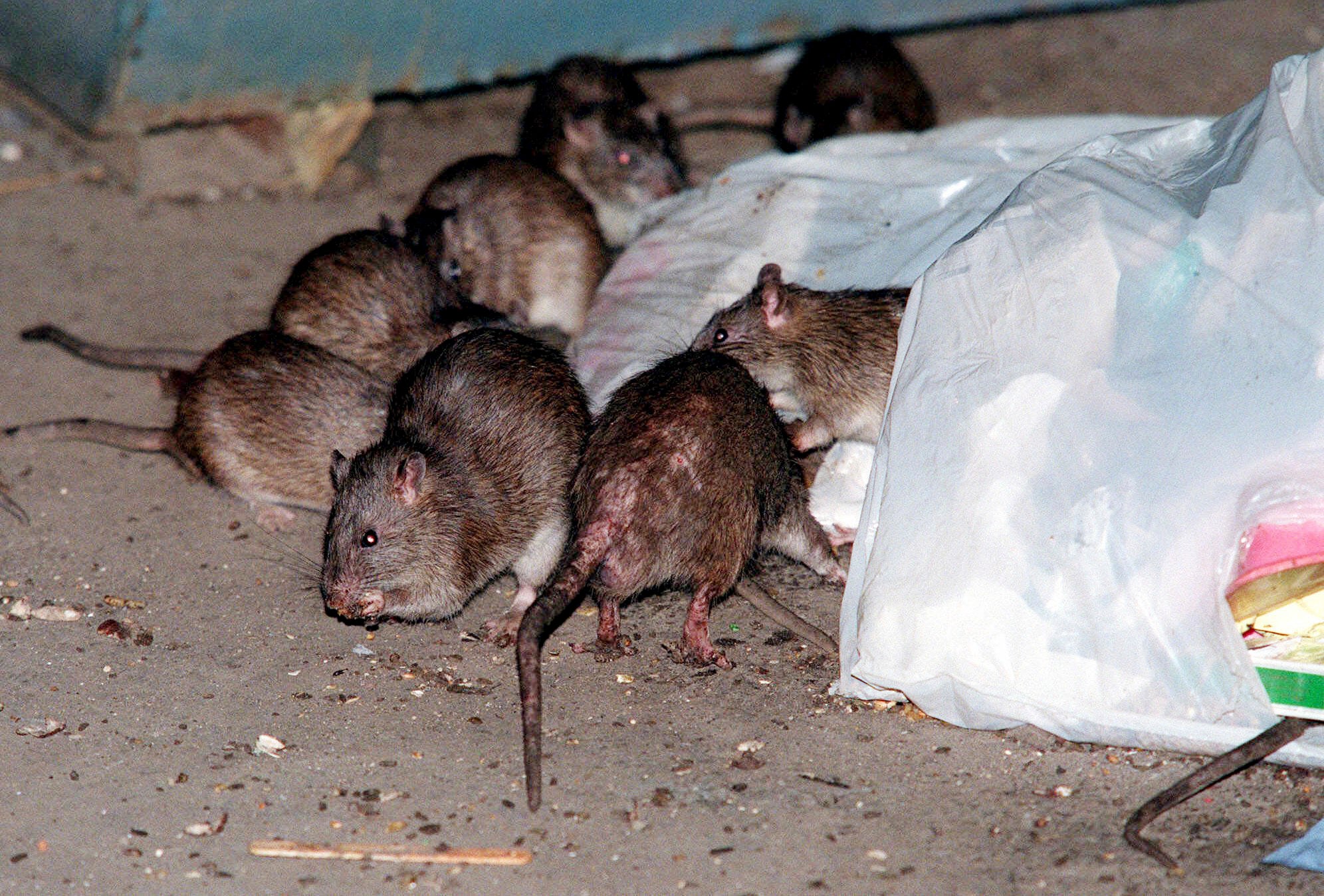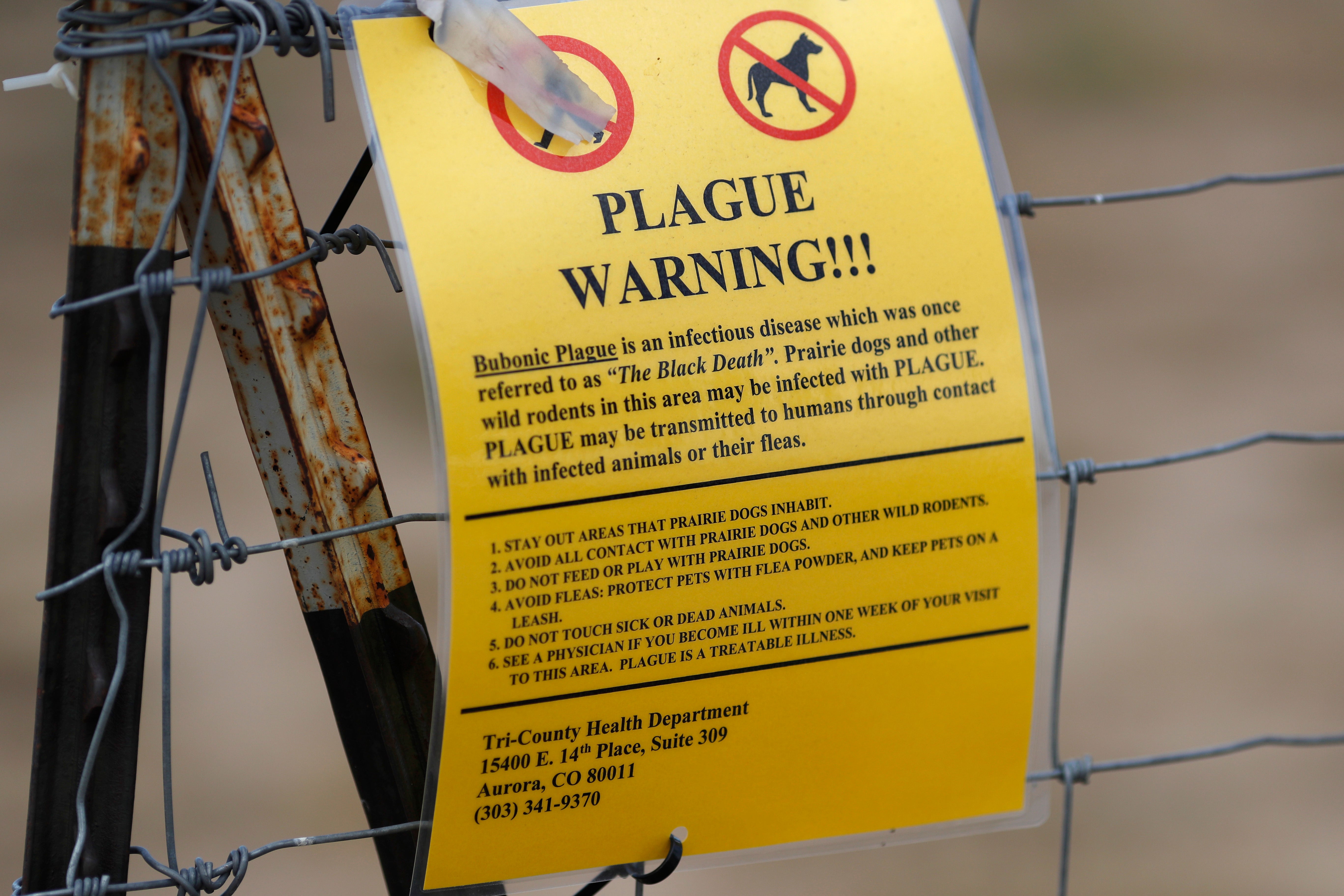US health officials investigate a case of the plague – but how rare is it?
Colorado health officials have said they are investigating a suspected case of the plague

Your support helps us to tell the story
From reproductive rights to climate change to Big Tech, The Independent is on the ground when the story is developing. Whether it's investigating the financials of Elon Musk's pro-Trump PAC or producing our latest documentary, 'The A Word', which shines a light on the American women fighting for reproductive rights, we know how important it is to parse out the facts from the messaging.
At such a critical moment in US history, we need reporters on the ground. Your donation allows us to keep sending journalists to speak to both sides of the story.
The Independent is trusted by Americans across the entire political spectrum. And unlike many other quality news outlets, we choose not to lock Americans out of our reporting and analysis with paywalls. We believe quality journalism should be available to everyone, paid for by those who can afford it.
Your support makes all the difference.US health officials are investigating a case of the plague in a human.
The rare bacterial infection is infamously known for killing tens of millions in 14th century Europe. Today, it's easily treated with antibiotics.
Colorado health officials have said they are investigating a suspected case.
The Centers for Disease Control and Prevention estimates there are seven human cases of plague per year in the US, and in February, Oregon officials reported it in a person who likely got it from their sick cat.
The bubonic plague is the most common form of the bacterial infection, which spreads naturally among rodents like prairie dogs and rats.
There are two other forms of the plague: septicemic plague (which spreads through the whole body) and pneumonic plague (which infects the lungs).
Bubonic plague causes painfully swollen lymph nodes that are most commonly found in the groin, armpit and neck, called buboes. It will often advance and turn into the other two forms of plague if untreated.

Other symptoms of the plague include sudden high fever and chills, headaches, and pain in the abdomen, legs and arms, according to the Cleveland Clinic.
How can you get the plague?
The bacteria is transmitted through the bites of infected fleas, which spread it between rodents, pets and humans.
People can also get plague through touching infected bodily fluids, so health experts recommend taking extra care when handling dead or sick animals. The plague can also spread through the respiratory droplets of a patient who has pneumonic plague.
Pneumonic plague is the most deadly and easiest to spread, with a nearly 100% fatality rate untreated, said Lisa Morici, a microbiologist and immunologist in the Tulane University School of Medicine.
Where does the plague exist?
In the US, most cases happen in rural areas of northern New Mexico, northern Arizona, southern Colorado, California, southern Oregon and far western Nevada, according to the CDC.
Worldwide, plague is most endemic in the Democratic Republic of the Congo, Madagascar and Peru, according to the World Health Organization.
How do you treat the plague?
The plague was never eradicated, but we've gotten better at preventing its spread and treating it in humans.
When treated early with antibiotics, the plague can be cured. The key is to get to a doctor fast -- otherwise the plague can be deadly.

And, as the old adage goes, prevention is better than a cure.
Keeping areas around the home clear of debris and other things that can attract rodents can lower the risk of infection, as can making sure pets are up to date on flea treatments. When hunting, camping or otherwise spending time outdoors, the CDC recommends using a bug spray with DEET to keep fleas and other disease-spreading pests away.
Is there a vaccine against the plague?
Yes, but the World Health organization only recommends it for people who are at high risk of infection, like laboratory and health care workers. There's no plague vaccine available in the US
Morici said there is need for more research, because while the vaccines used in other parts of the world work against bubonic plague, there isn't strong evidence to show they protect against the pneumonic form of plague.
Developing a plague vaccine trial would be ethically and logistically difficult, she said.
“Because the bubonic form is quite treatable with antibiotics and also quite rare — you don't see thousands and thousands of cases of plague a year — there's just not a huge market for a plague vaccine at this point in time,” Morici said.